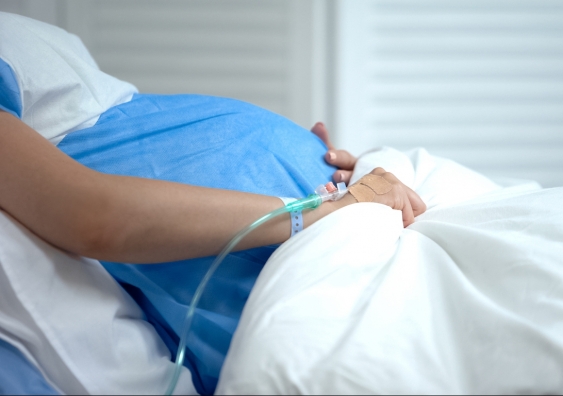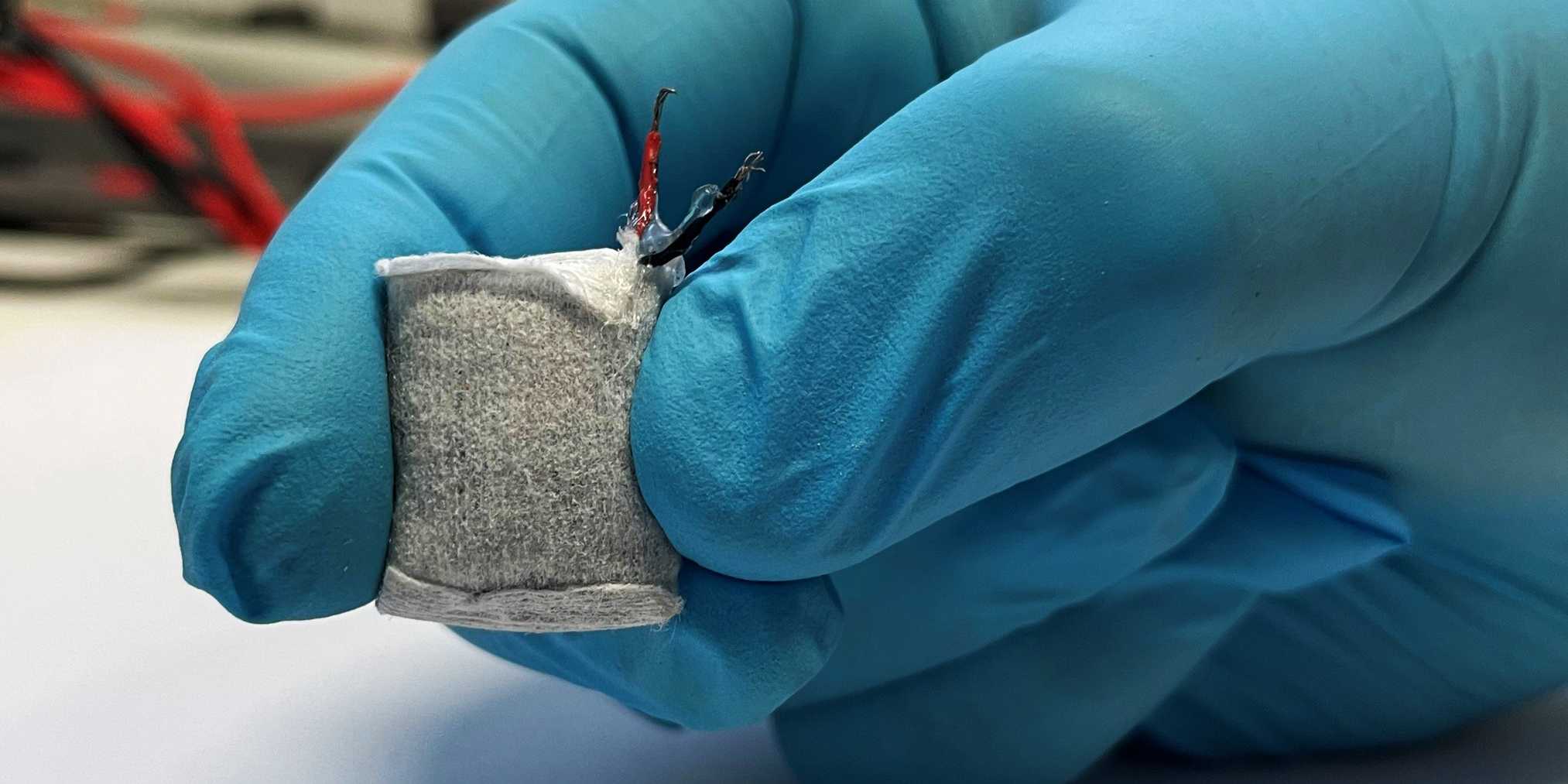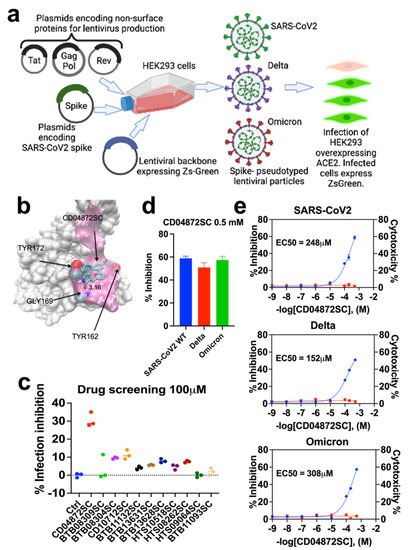2023-03-29 ニューサウスウェールズ大学(UNSW)

Severe respiratory infections during pregnancy can impact foetal development. Photo: iStock.
◆UNSWからの新しい研究は、BMC Pregnancy and Childbirthに掲載されたもので、妊娠初期に重度の呼吸器感染症がいくつかの心臓奇形のリスクを高めることを示しています。この問題に関する証拠は限られていますが、当社の調査は、妊娠中に重度の呼吸器感染症と赤ちゃんの選択された心血管異常との間に関連があることを支持しています。
◆この調査では、2001年から2016年までにニューサウスウェールズ州で行われた約150万件の出生データを分析しました。母親と赤ちゃんの健康記録をリンクさせました。健康データには、妊娠中の重度の呼吸器感染症、出生、および先天性問題に関する入院記録が含まれていました。
<関連情報>
- https://newsroom.unsw.edu.au/news/health/severe-respiratory-infections-linked-some-congenital-cardiovascular-defects-study
- https://bmcpregnancychildbirth.biomedcentral.com/articles/10.1186/s12884-023-05514-8
妊娠第1期における重症かつ届出可能な呼吸器感染症と出生時の先天異常との関連性:登録ベースのコホート研究 Associations between severe and notifiable respiratory infections during the first trimester of pregnancy and congenital anomalies at birth: a register-based cohort study
Abrar A. Chughtai,Wen-Qiang He & Bette Liu
BMC Pregnancy and Childbirth Published:24 March 2023
DOI:https://doi.org/10.1186/s12884-023-05514-8
Abstract
Background
Evidence regarding the association between acute respiratory infections during pregnancy and congenital anomalies in babies, is limited and conflicting. The aim of this study was to examine the association between acute respiratory infections during the first trimester of pregnancy and congenital anomalies in babies using record linkage.
Methods
We linked a perinatal register to hospitalisation and disease notifications in the Australian state of New South Wales (NSW) between 2001 to 2016. We quantified the risk of congenital anomalies, identified from the babies’ linked hospital record in relation to notifiable respiratory and other infections during pregnancy using generalized Estimating Equations (GEE) adjusted for maternal sociodemographic and other characteristics.
Results
Of 1,453,037 birth records identified from the perinatal register between 2001 and 2016, 11,710 (0.81%) mothers were hospitalised for acute respiratory infection, 2850 (0.20%) had influenza and 1011 (0.07%) had high risk infections (a record of cytomegalovirus, rubella, herpes simplex, herpes zoster, toxoplasmosis, syphilis, chickenpox (varicella) and zika) during the pregnancy. During the first trimester, acute respiratory infection, influenza and high-risk infections were reported by 1547 (0.11%), 399 (0.03%) and 129 (0.01%) mothers. There were 15,644 (1.08%) babies reported with major congenital anomalies, 2242 (0.15%) with cleft lip/ plate, 7770 (0.53%) with all major cardiovascular anomalies and 1746 (0.12%) with selected major cardiovascular anomalies. The rate of selected major cardiovascular anomalies was significantly higher if the mother had an acute respiratory infection during the first trimester of pregnancy (AOR 3.64, 95% CI 1.73 to 7.66). The rates of all major congenital anomalies and all major cardiovascular anomalies were also higher if the mother had an acute respiratory infection during the first trimester of pregnancy, however the difference was no statistically significant. Influenza during the first trimester was not associated with major congenital anomalies, selected major cardiovascular anomalies or all major cardiovascular anomalies in this study.
Conclusion
This large population-based study found severe acute respiratory infection in first trimester of pregnancy was associated with a higher risk of selected major cardiovascular anomalies in babies. These findings support measures to prevent acute respiratory infections in pregnant women including through vaccination.


